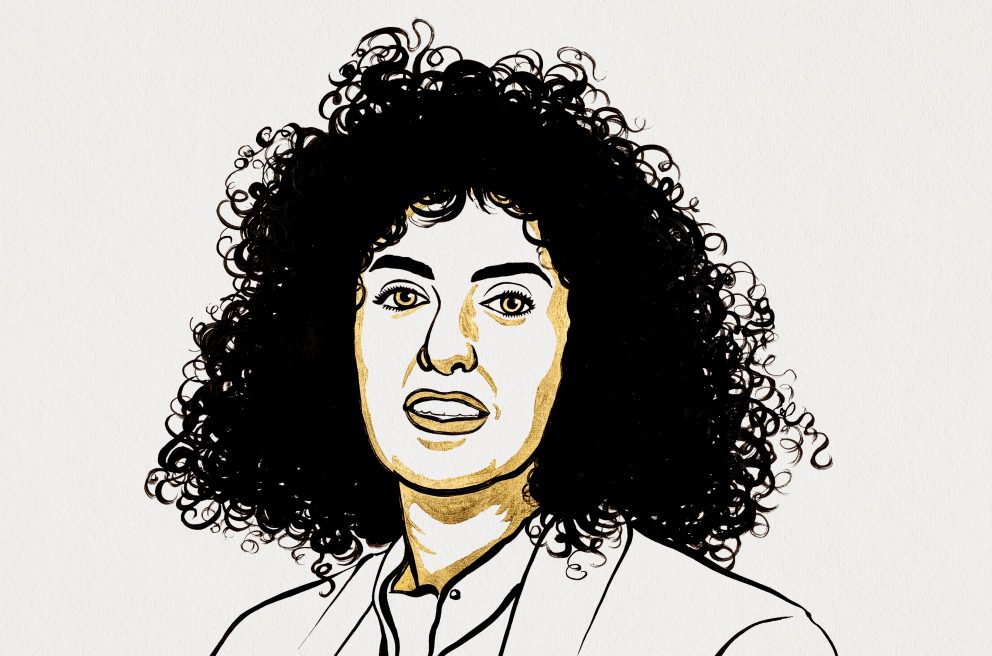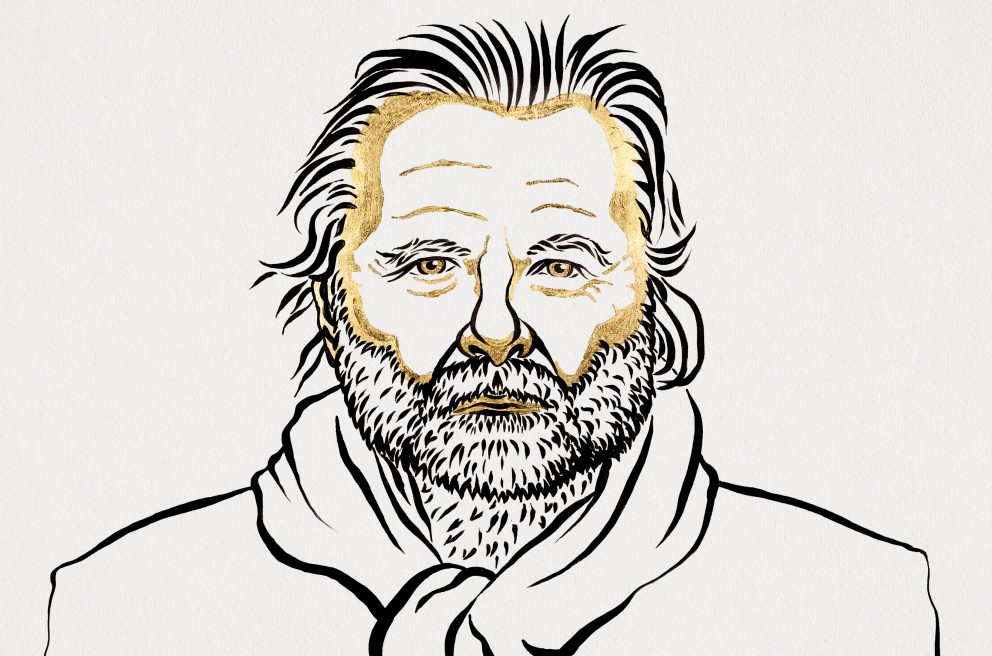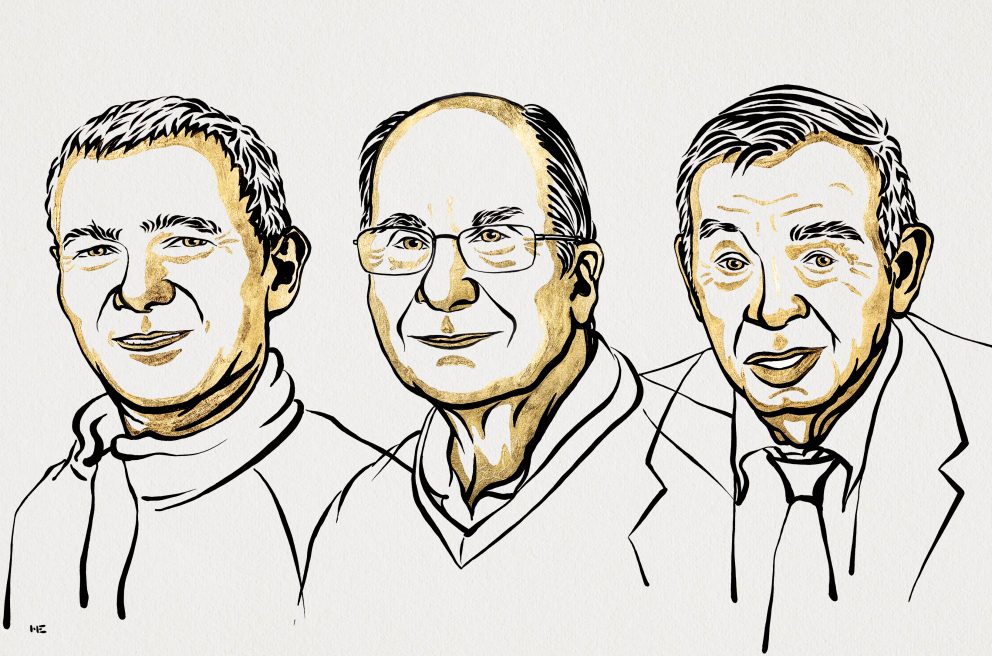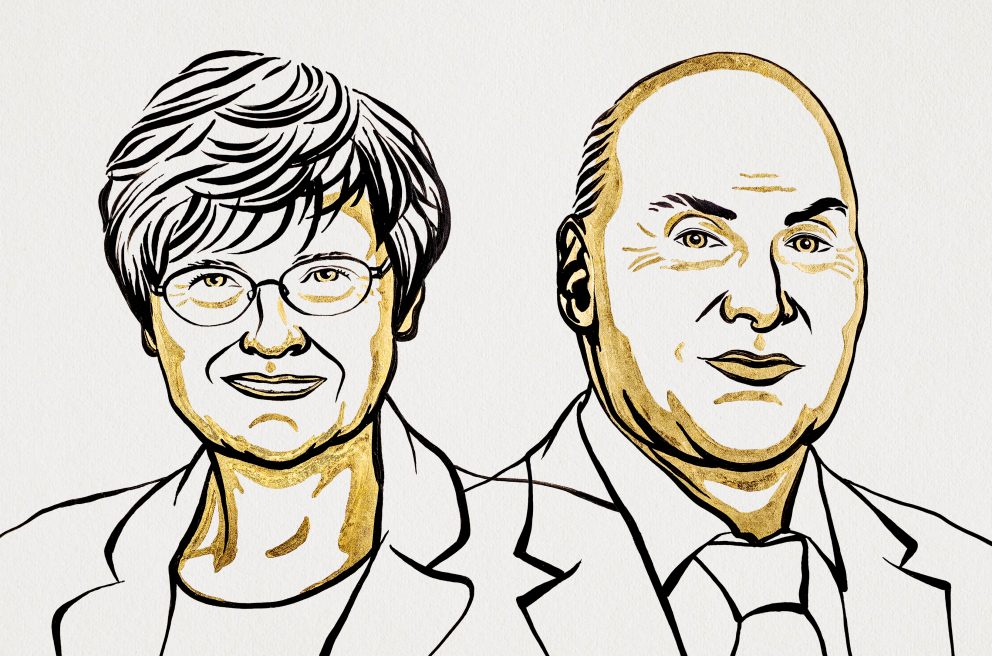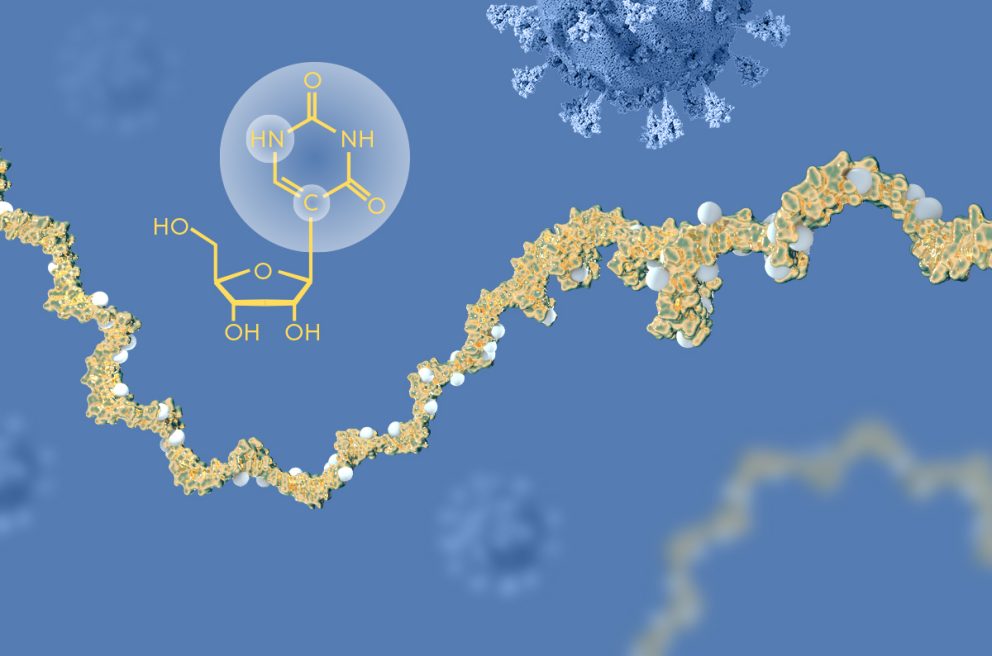In the dynamic world of international economics and diplomacy, the G20 has emerged as a formidable force. Its inception
in 1999, born out of the crucible of the Asian financial crisis of 1997-98, marked the beginning of a unique forum.
Originally designed as an informal platform for finance ministers and central bank governors, it has since evolved into
an influential assembly that includes the heads of state of member countries, especially in the wake of the 2008 global
financial crisis.
The Evolution of G20
Origins and Expansion
The G20's genesis can be traced back to the turbulent times of 1999 when it was established as a response to the
financial upheaval that had gripped Asia. Initially, it served as an informal gathering of finance ministers and central
bank governors, offering them a platform to discuss crucial financial matters. This exclusive club comprised
representatives from both developed and developing economies, fostering a sense of collaboration among diverse nations.
However, it was the seismic shockwaves of the global financial crisis in 2008 that catapulted the G20 onto the world
stage. Recognizing the need for a more comprehensive approach to tackle economic challenges, the G20 expanded its
membership to include the heads of state of member countries. This transformation elevated it to a leader's summit,
where critical decisions were made to stabilize the global economy.
The Troika System
One of the unique features of the G20 is its Presidency rotation system, known as the troika system. This system
involves three countries: the current host, the previous host, and the next host. It ensures continuity and a smooth
transition of leadership. In 2022, India took the helm of the G20 Presidency from Indonesia, the outgoing member of the
troika. As of now, Brazil has assumed the Presidency, taking the baton from India as the next troika country.
Unpacking the Mechanics of G20
The G20 operates through three key tracks, each playing a crucial role in shaping international economic policies and
diplomatic initiatives:
Finance Track
Led by finance ministers and central bank governors, the Finance Track serves as the economic engine of the G20. This
track convenes approximately four times a year to deliberate on pressing fiscal and monetary policy issues. Its scope
extends to topics like the global economy, infrastructure development, financial regulation, financial inclusion,
international financial architecture, and international taxation. Within the Finance Track, several working groups
dissect these matters in greater detail. These include:
- Framework Group: Focused on establishing a cohesive framework for economic cooperation among member nations.
- International Financial Architecture: Discussing the structural aspects of the global financial system.
- Infrastructure Group: Addressing infrastructure development, a key driver of economic growth.
- Sustainable Finance: Promoting sustainable financial practices to safeguard the planet.
- Financial Inclusion: Ensuring that financial services are accessible to all.
- Finance and Health: Exploring the intersection of finance and public health.
- International Taxation: Delving into cross-border taxation challenges.
- Financial Sector Matters: Analyzing issues related to the financial sector.
Sherpa Track
Established in 2008, the Sherpa Track is an integral component of the G20, comprising representatives of heads of state.
It tackles a broad spectrum of socioeconomic concerns that have a direct impact on global prosperity. The Sherpa Track
explores areas such as agriculture, anti-corruption, climate change, the digital economy, education, employment, energy,
environment, health, tourism, trade, and investment. Each representative in this track is referred to as a Sherpa, and
there are 13 working groups that delve into these crucial areas:
- Agriculture: Focusing on sustainable agricultural practices.
- Anti-corruption: Combating corruption for transparent governance.
- Culture: Promoting cultural exchange and understanding.
- Development: Addressing global development challenges.
- Digital Economy: Navigating the complexities of the digital age.
- Disaster Risk Reduction: Mitigating the impact of natural disasters.
- Education: Empowering individuals through education.
- Employment: Enhancing global employment opportunities.
- Energy Transitions: Advancing clean and sustainable energy solutions.
- Environment and Climate Sustainability: Combating climate change and preserving the environment.
- Health: Promoting global health and well-being.
- Tourism: Enhancing the tourism industry's role in economic growth.
- Trade and Investment: Facilitating international trade and investment.
Engagement Groups
Beyond the official tracks, the G20 incorporates non-governmental participants and engagement groups. These groups offer
valuable recommendations that contribute to policy-making. The Engagement Groups encompass a diverse range of voices,
including:
- Business20: Representing the business community.
- Civil20: Advocating for civil society and human rights.
- Labour20: Focusing on labor and workers' rights.
- Parliament20: Bridging the gap between legislatures and the G20.
- Science20: Leveraging scientific expertise for informed decision-making.
- SAI20: Strengthening the role of supreme audit institutions.
- Startup20: Nurturing innovation and entrepreneurship.
- Think20: Providing intellectual insights and policy recommendations.
- Urban20: Addressing urban challenges and opportunities.
- Women20: Promoting gender equality and women's empowerment.
- Youth20: Amplifying the voices of young leaders.
In conclusion, the G20 is a dynamic forum that has evolved significantly since its inception in 1999. From addressing
financial crises to becoming a key platform for international economic cooperation, it has played a pivotal role in
shaping the global economic landscape. With its diverse tracks and engagement groups, the G20 continues to foster
collaboration and innovation, making it a critical player in addressing the challenges of the 21st century.
